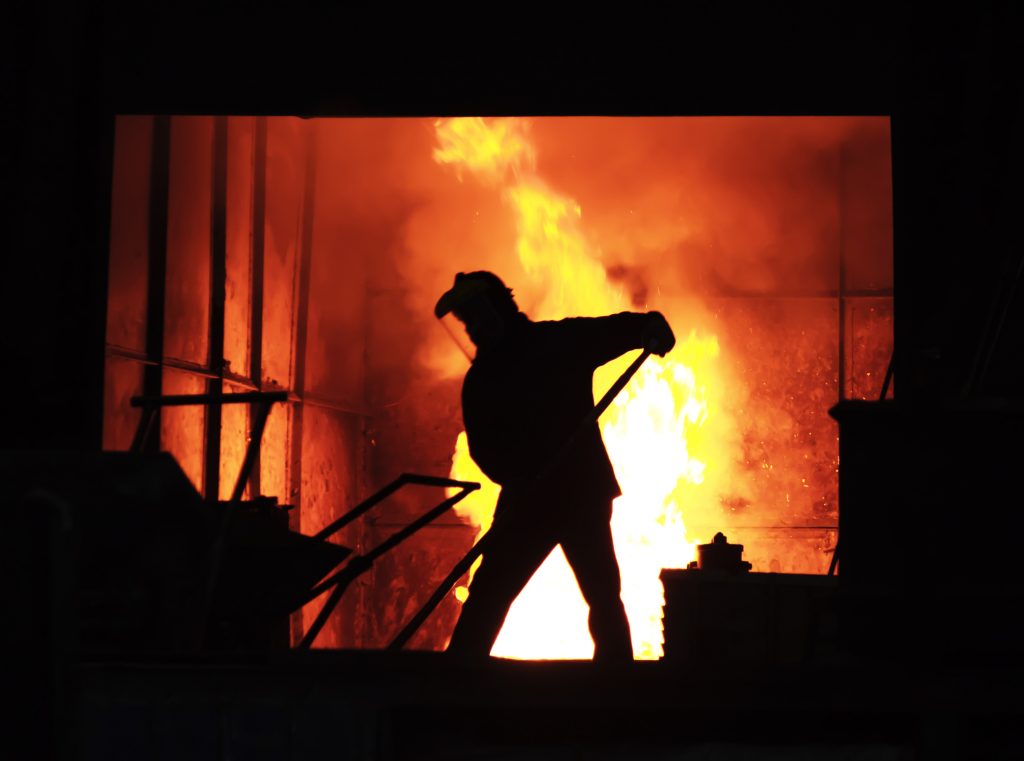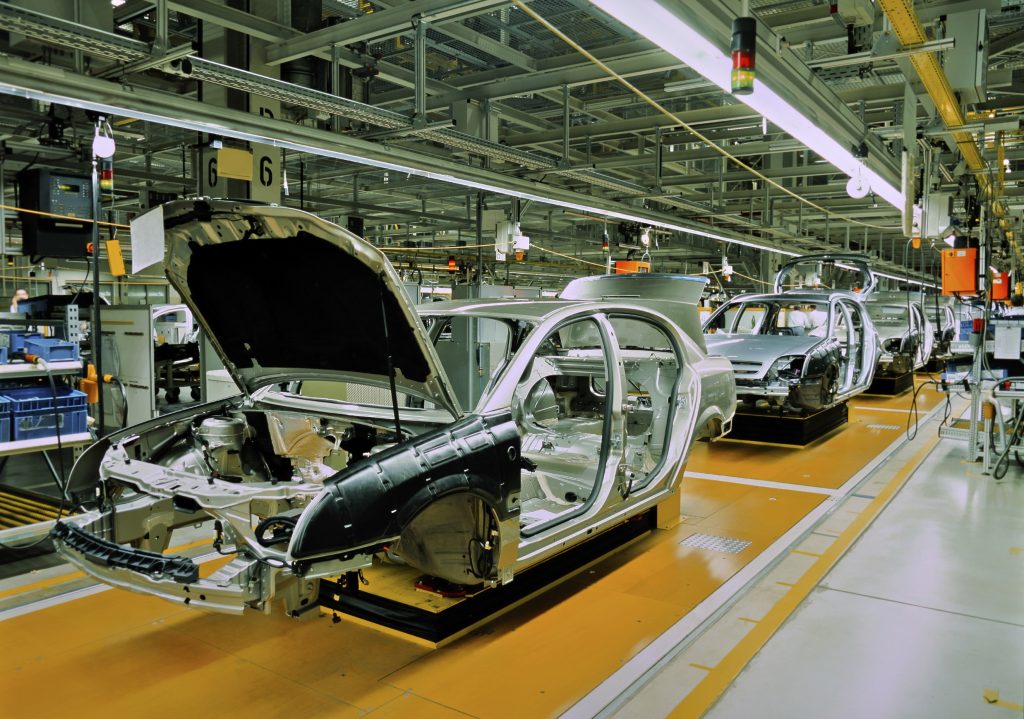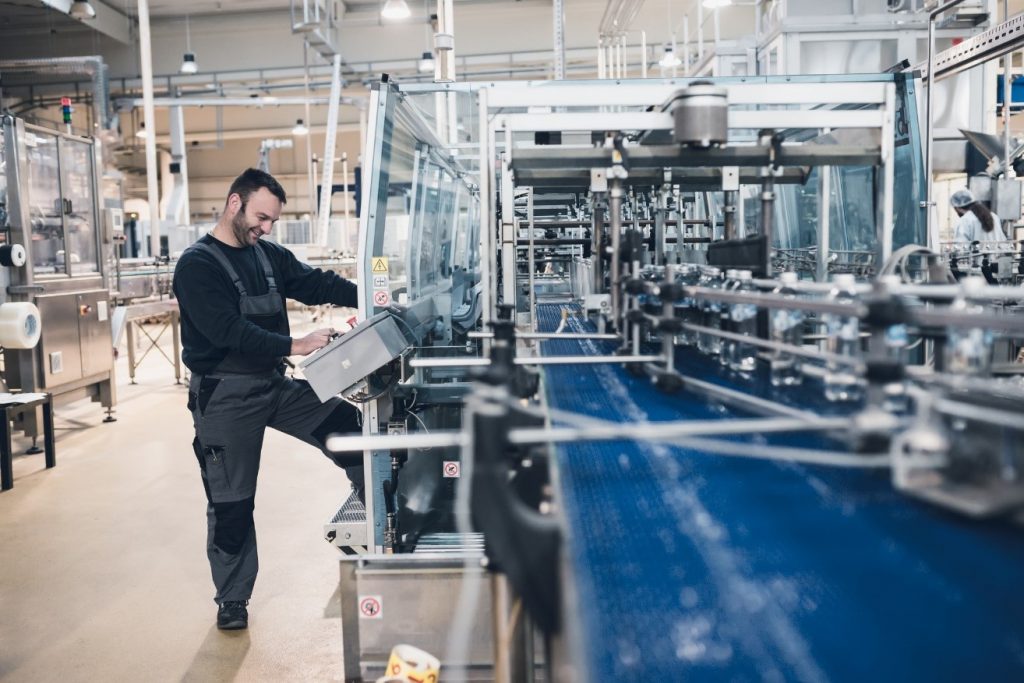A typical day at Morecambe Metals is incredibly varied.
We receive and process a wide range of ferrous and non-ferrous scrap metal day in, day out, with record-breaking amounts being collected and recycled last year – the equivalent of 5 Eiffel Towers in 2017 alone!
Ferrous metals contain a certain percentage of iron and, once processed, this material is then exported to be awarded a new lease of life and transformed into something brand new.
This got us thinking about the future of your iron. What could your metal be turned into next? Read on to take a look at some of the possibilities!
What Is Iron?
Iron is the most common element on Earth by mass, due to the fact that it constitutes a large part of the planet’s core and inner core.
It has the symbol Fe on the periodic table of elements, has the atomic number of 26 and can be found in abundance in space.
But what exactly is iron!? To the naked eye, iron is a red/brown metal that is extracted from the earth. However, what many may not be aware of is that this colour is only achieved once the metal has been oxidised, forming the rusty colour that we are more familiar with.
In its raw state, iron is a silver/grey material. It is pulled from deep within the Earth and is mixed with other materials, such as carbon to make steel.
This is not uncommon – approximately 90% of all metal that is refined is iron, meaning that this versatile material is one of our largest contributors here at Morecambe Metals.
Where Does It Come From?
As previously mentioned, iron is found deep within the Earth. It is the fourth most common element found in the Earth’s crust, with even the core of the Earth thought to be made from the precious metal.
The substance is mostly obtained from the minerals hematite and magnetite and is formed over thousands of years.
In smaller amounts, it can also be obtained from the minerals Taconite, Limonite and Siderite. More on the history of iron can be found in our previous blog post, Metals and Their Properties: Iron.
Popular Items That Are Made With Iron
Simply put, iron is everywhere. From the various components that are used around the house, to the enormous machines that are found in a production line – in one way or another almost every product is affected or touched by some form of iron or iron alloy.
For example, in the home, there are hundreds of items that are made of iron. This is most prominent in the kitchen, where cast iron pots and pans can be found, stainless steel cutlery is stored, and machinery, such as dishwashers and even the oven, are made using products containing iron.
Moving away from the kitchen, depending on the age of your home, iron might be found in fixtures and fittings such as radiators, stair bannisters, nails, screws and pipes.
On a larger scale, one of the largest industries to utilise the most amount of iron is the car manufacturing industry.
Manufacturers opt for iron in materials such as steel for a number of reasons. First and foremost is the safety of the machines that they are producing. As steel is a strong, readily available and easy to work with material, almost every single car produced will have components that are composed of steel.
Secondly is the price of the material. Due to its sheer availability, iron and iron alloys are used widely as they are cheap to obtain.
This can also be seen in various other industries, such as mass-production and manufacturing machinery. Examples are truly wide and varied; from heating machinery for large-scale operations to equipment used in manufacturing, iron is everywhere.
What Could Your Metal Be Next?
After the iron is collected by our expert team and processed, it is then sent away for re-use in new products.
Iron is a brilliant metal to recycle as it can be re-melted and re-shaped into new products countless times without being depleted.
This means that your old car could be sent away, re-melted, re-shaped and used in the production of your brand new car.
Your old washing machine could become your new kettle, your old bathtub could become your new cutlery, or your businesses machinery could become your new water pipes.
With so many options available, iron is one of the most trusted and re-used materials in the manufacturing world.
Morecambe Metals
For all things scrap metal recycling, contact Morecambe Metals today – our friendly experts have over 35 years’ experience and are more than happy to help.
From our main premises in Morecambe, we can arrange collection, clearance, legislation and payment, to provide a highly professional and cost-effective service, direct to our customers.
Contact us today with any queries, or take a look at our domestic & trade services, or alternatively our corporate & commercial services.




